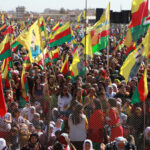
Days after Turkey’s invasion of Rojava, Kurdish politician Hevrin Khalaf was assassinated. In this interview from 2018 she shares her thoughts on the Rojava revolution.

19 July 2025 marked the 13th anniversary of the Rojava Revolution.

The Women’s house in Raqqa has become a trusted center that resolves family issues through dialogue.
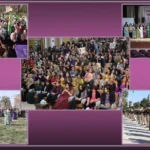
Kurdish, Arab, Syriac, Assyrian, Armenian, and Turkmen women have achieved numerous legal, political, military, cultural, and social accomplishments in North and East Syria during the July 19 Revolution (Women's Revolution). Preparations are currently underway to draft a special social contract for women.
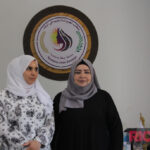
“We’re here to be a real source of support for women, helping them understand their role in the workplace and within their families.”
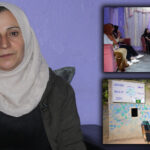
Mala Jin (English: Women’s House) in Zirgan (Abu Rasin) combats gender-based violence in the shadow of Turkish attacks. “Men and women should fight together against the attacks to build a free and equal life.”
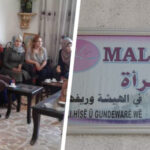
The Rojava revolution in North and East Syria has become a world-famous example of women's liberation. Women's houses - called "Mala Jin" - have played a key role in mediation and reconciliation within civil society, as well as providing education and protection for women. This article offers a detailed insight into the works of the Mala Jin.
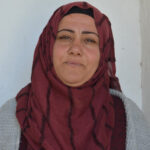
“Our aim is to save women from patriarchy, slavery and the tribal system,” said Yasmîn Îsa, Spokesperson of Mala Jin (Women’s House) in the El-Teyî neighborhood of Qamishlo.
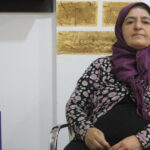
Women’s House, one of the networks created to solve the problems faced by women, leads social change in the Qamishlo Canton of North and East Syria.
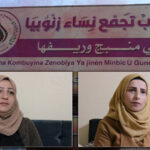
The main aim of the Zenûbiya Women's Community is to provide education for the whole society, particularly for women. It holds education courses based on women's liberation and the democratic nation project.
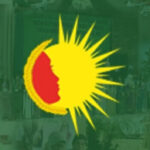
Rojava women's struggle began with Yekîtiya Star and moved to a new stage on 26 February 2016 under the name of Kongra Star. 52 women's organizations have been getting organised more efficiently under the umbrella of the Women's Assembly of North-East Syria.
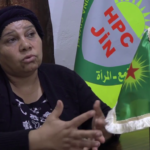
Part 7: “HPC-JIN defends the reality, existence, and rights of women” “Women and children have defended their lands since the beginning of humanity. Today, the members of the HPC-JIN defend their society and lands,” said Hediye Abdullah, the executive of the Women’s Social Defense Units (HPC-JIN). The Democratic Nation System in NE Syria has brought












